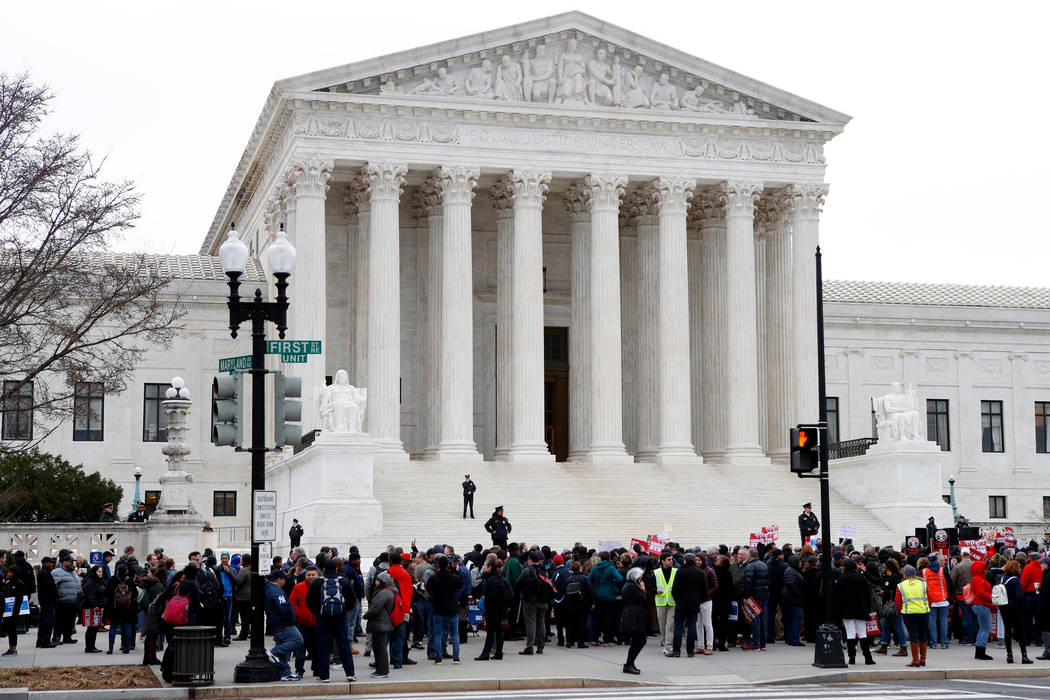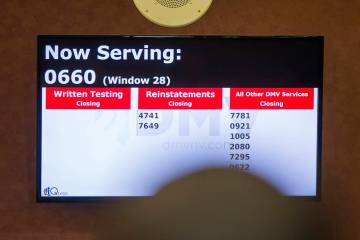EDITORIAL: U.S. Supreme Court strengthens the Fourth Amendment
Because Americans have a right to be “secure in their persons, houses, papers and effects,” the Fourth Amendment bars the government from conducting “unreasonable searches and seizures” without judicial consent. It would seem to follow, then, that police officers don’t have the constitutional authority to poke around on private property without a warrant.
But over the years, the U.S. Supreme Court has — unfortunately — created a so-called automobile exception to the Fourth Amendment that grants the authorities more leeway to search vehicles on public streets in pursuit of illegal contraband.
This exception is what a police officer in Virginia’s Albemarle County was relying on when he walked up the driveway of a private residence and pulled back a tarp to find a stolen motorcycle. The owner of the home, Ryan Collins, was arrested on a charge of receiving stolen property. Mr. Collins sued, arguing the police had illegally searched his property.
On Tuesday, the justices ruled 8-1 that the officer erred by not obtaining a warrant. The decision imposes some much-needed limits on the power of law enforcement to conduct vehicle searches and respects the right of citizens to be free from intrusion in their homes and surrounding property — called “curtilage” by the court.
“Nothing in our case law … suggests that the automobile exception gives an officer the right to enter a home or its curtilage to access a vehicle without a warrant,” Justice Sonia Sotomayor wrote for the majority. To hold otherwise would “render hollow the core Fourth Amendment protection the Constitution extends to the house and its curtilage.”
The decision is a victory for the Bill of Rights. And as the court’s current term winds down, the justices have the opportunity in a couple of pending cases to again stand up for the protections enshrined in the Constitution.
■ The justices will soon decide whether states may force employees to pay for labor representation through collective bargaining, even if they are not union members. Let’s hope the court rules that the principles of freedom demand individuals should be under no such obligation. The answer to the “free rider” issue is to rescind the union’s bargaining monopoly, not use the power of the state to garnish an employee’s paycheck for services he or she didn’t request in the first place.
■ The court will rule in the next few weeks whether the authorities may skirt the Fourth Amendment by forcing cellphone companies to turn over records that allow the police to track the movements of a suspect. The justices should hold that requiring law enforcement to obtain warrants for such snooping is perfectly consistent with constitutional requirements.




























